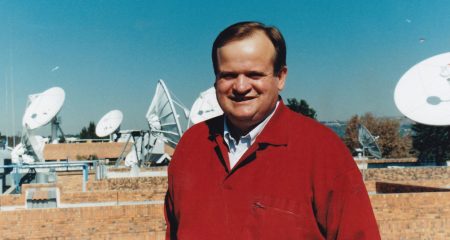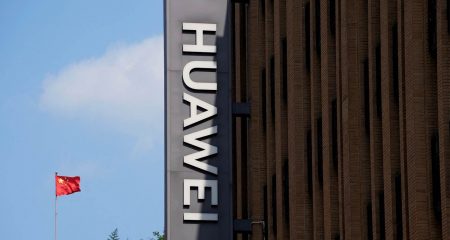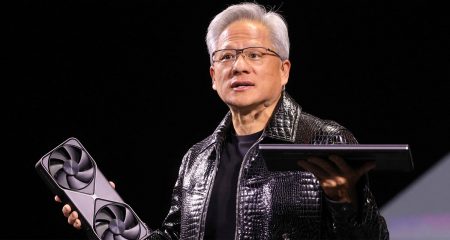 Chinese regulators have sketched out new requirements for videogame approvals following a year of scrutiny, providing more clarity to Tencent and other players struggling with a crackdown in the world’s largest gaming market.
Chinese regulators have sketched out new requirements for videogame approvals following a year of scrutiny, providing more clarity to Tencent and other players struggling with a crackdown in the world’s largest gaming market.
The State Administration of Press, Publication, Radio, Film and Television issued notices on 19 April that detailed the documentation and processes required to get games approved for release in the country. Among other things, publishers will now have to submit more information from measures to curb play addiction to detailed scripts.
More concrete guidelines will likely benefit industry leaders from Tencent to Netease that have struggled with a government crackdown on gaming addiction and other perceived social ills. Beijing froze approvals on new titles for nine months in 2018 before restarting them in December — creating a backlog of thousands of titles awaiting the green light.
“This helps clear another regulatory overhang,” Jefferies Hong Kong analysts led by Karen Chan told clients in a note.
Tencent and Netease shares haven’t traded since the announcement because of holidays.
Daniel Ahmad, an analyst at Chinese game researcher Niko Partners, said the announcement was “extremely important”. The regulator will now simultaneously work through the backlog of titles submitted since August as well as new applications after 22 April, the company said in a blog post. It expects fewer than 5 000 new games to get the green light this year, with low-quality copycat, poker and mahjong games most likely to fail.
‘Positive outlook’
Personnel and structural agency changes that had held up approvals have now been completed, the researcher added. Developers must now submit a host of details from screenshots and full Chinese scripts to specific anti-addiction systems they’ve installed within games, according to the notices.
“With a new more transparent approval process set to go live soon, we have a positive outlook for China’s digital games market in 2019,” Niko Partners said in its post. — Reported by Yuji Nakamura and David Ramli, (c) 2019 Bloomberg LP




